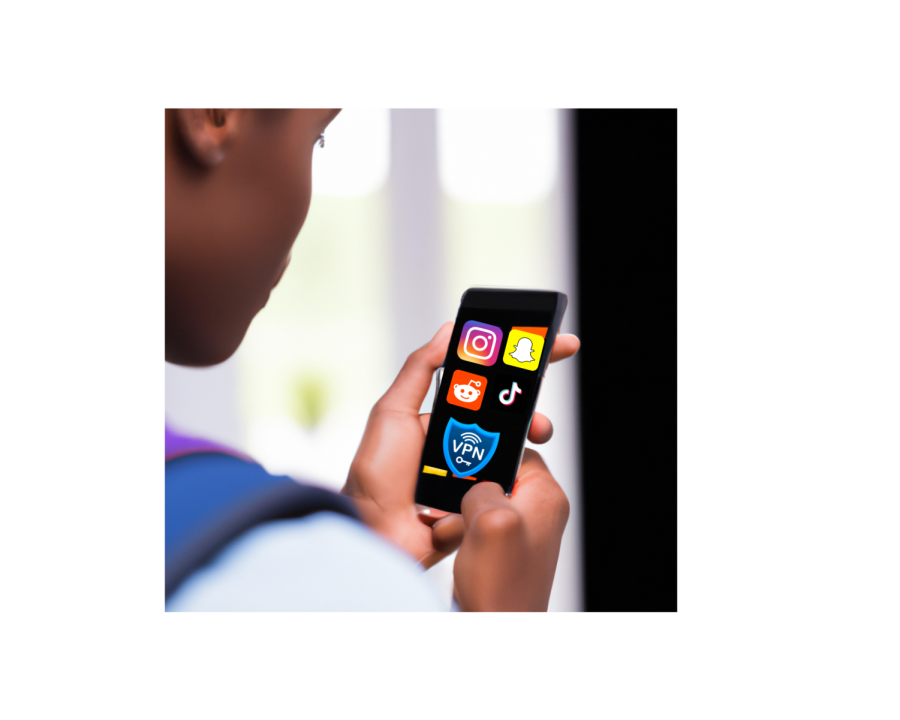With the increase in technology usage and digital networking, we must consider data privacy and our own security more than ever before. VPNs have become increasingly popular as an inexpensive, convenient way to remain anonymous while browsing the internet.
A virtual private network is an important tool that allows users to make their connection to the internet more secure. Using a VPN can provide numerous benefits, including increased privacy and security, faster data transfer rates, better access to geo-restricted content and better protection from cyber-attacks.
However, many don’t understand the purpose of VPNs and are likely to opt for the cheapest option without researching it. Often, the cheapest options profit off of user data, which is why it is essential to understand how VPNs work behind the screens.
By encrypting data and routing it through a secure tunnel, a VPN keeps users from being tracked online, meaning that data accessed over a VPN cannot be tied back to them. Furthermore, a VPN can help bypass government censorship, allowing people to access content that may otherwise be censored or blocked.
VPNs can also be used to hide a user’s IP address, helping to preserve user privacy and protect against malicious attacks. Therefore, a VPN can provide many benefits to users who want to protect their data or access content that may be blocked by their local internet service provider.
The use of a VPN can offer a variety of security and privacy benefits. VPNs encrypt one’s internet traffic and hide the user’s IP address, making it more difficult for third parties to intercept sensitive data. Additionally, by hiding the user’s true location, VPNs provide access to geo-restricted websites and services.
And this is the reason most PV students have a VPN in the first place.
Popular apps and sites like Snapchat, Instagram and Reddit are all blocked on all school devices and the internet. To access these apps, many students have downloaded a free VPN from their app store.
Junior Muskan Mehta used a free VPN to access Snapchat on her phone during school. “I used a VPN for a little bit before knowing the dangers of using a free one. I deleted it after knowing the consequences of using a free one,” Mehta shared.
When using a VPN, it is important to keep data safe. One way to do this is to always use a reputable VPN provider; look for one that has a secure encryption protocol, offers layer two tunneling protocol and has strong privacy policies.
Additionally, always double-check the website address of the VPN you’re connecting with to be sure it’s legitimate; never use an unsecure connection. Finally, make sure to update your security measures regularly: keep your antivirus software up-to-date, use virtual private networks with multiple-factor authentication and use secure passwords. By following these steps, you can help ensure your data remains safe while using a VPN.
Using a VPN should never be taken lightly. Unfortunately, although the service can improve data privacy, there are often shady providers ready to monetize on the fear around online security. Even the cheapest providers can potentially be a threat to a user’s data privacy.
Jason Landa is the Computer Science teacher at PV. “VPNs can be useful as they encrypt the network traffic to sites you are using to mask your identity to those who might be ‘watching’ the network traffic. However, the VPN provider is one who is encrypting the traffic, so they have the ability to ‘un-encrypt’ the traffic too. Therefore, everything that you do on that VPN is potentially vulnerable to the VPN host. This includes email addresses, passwords, payment information, etc. that is used while connected to that VPN. It is always recommended to use a trusted VPN, or learn how to make your own VPN to protect your data,” Landa shared.
It’s essential to do some research before committing to a VPN provider, as spending more can provide better encryption and safety for its users. VPNs can be beneficial for providing privacy to internet users, but it’s important to be aware of the potential risks associated with them.









